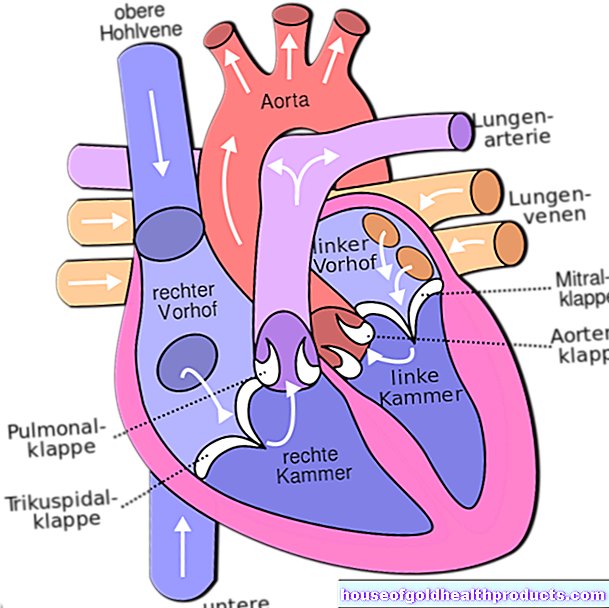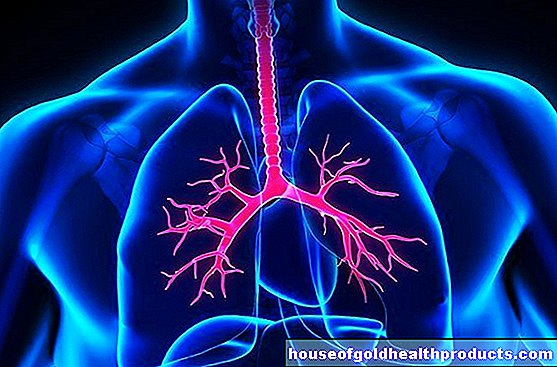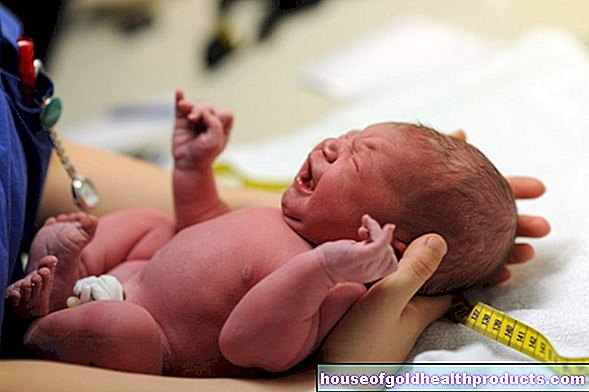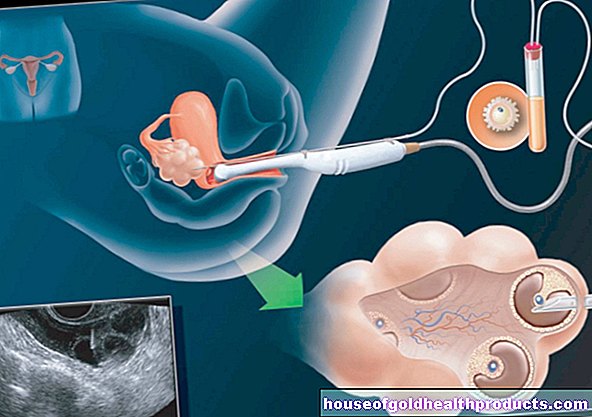Obesity: 12 times the risk of cancer for women
Christiane Fux studied journalism and psychology in Hamburg. The experienced medical editor has been writing magazine articles, news and factual texts on all conceivable health topics since 2001. In addition to her work for, Christiane Fux is also active in prose. Her first crime novel was published in 2012, and she also writes, designs and publishes her own crime plays.
More posts by Christiane Fux All content is checked by medical journalists.The risk of cancer increases with weight. But the fact that this effect is so massive is surprising even to experts: for obese women it is twelve times that of women of normal weight. For women who are merely overweight, it is still four times as high.
And the female heart is also heavily burdened by extra pounds: Obese people with a body mass index of 30 and more are five times more likely to develop cardiovascular disease than people of normal weight. In overweight women (BMI from 25 to 30) the risk was still twice as high.
Spanish researchers calculated these connections between weight and health. They evaluated data from almost 55,000 men and women from seven Spanish regions over a period of ten years. In earlier, smaller studies, the numbers hadn't been nearly as dramatic.
Less danger to men
Interestingly, weight had a far less impact on men's health than it did on women. Even with obesity, the cancer risk only doubled for them, and it had little effect on the cardiovascular risk. The researchers have no explanation for why this is so.
"Any weight gain beyond what is recommended is accompanied by a proportional increase in negative health consequences," says Dr. Maria Grau, one of the study authors from the Hospital del Mar Medical Research Institute (IMIM).
Mass phenomenon overweight
This result is all the more serious as the proportion of people who are overweight and obese has now become a mass phenomenon. Of the study participants, only 26 percent were of normal weight. Only recently, various German specialist societies published a joint position paper that makes politicians responsible.
"Anyone who sees obesity only as a problem for the individual who cannot control himself is falling short," says Professor Harald Gündel, Director of the Clinic for Psychosomatic Medicine and Psychotherapy at the Ulm University Hospital. The World Health Organization (WHO) classified obesity as a chronic disease and had to be recognized as such.
"We live with a constant oversupply of high-calorie foods that appeal to our natural reward system," says Prof. Stephan Zipfel from the Tübingen University Hospital. Resisting this constant temptation is difficult.
It's not just the body that bears heavy weight
Because of the physical effects, the emotional ones are often forgotten. Being very overweight is closely linked to depression and anxiety, among other things. They can be a result of the low self-esteem and social exclusion that many obese people experience. Conversely, being very overweight could be the result of a mental disorder or crisis. Those who are mentally unstable are more likely to start compensating for their grief with food.
Create framework conditions for therapy and prevention
The researchers are now demanding that politics create the necessary framework conditions for research and prevention that are necessary. "Obesity is basically preventable and treatable," said Gündel. However, this only applies if those affected are given the therapeutic help they need in the long term.
Tags: unfulfilled wish to have children pregnancy baby toddler















-warten-auf-den-piks-der-freiheit.jpg)














